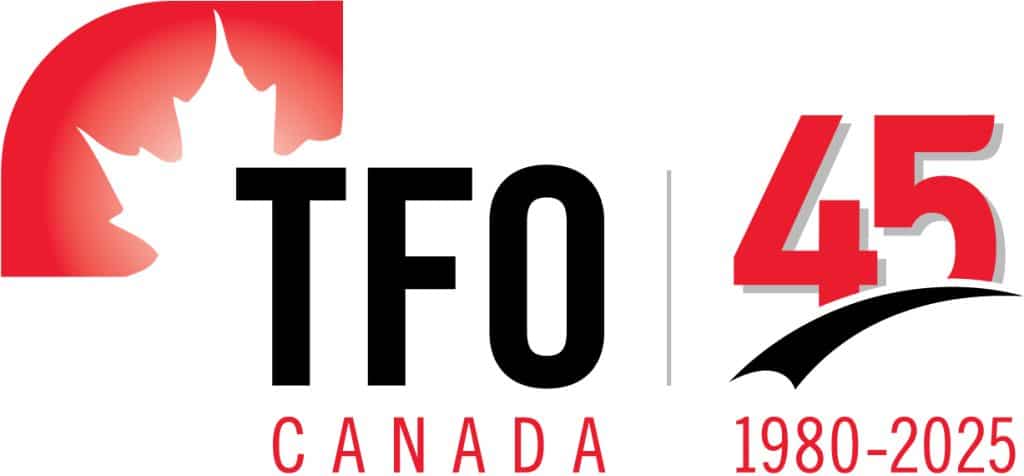SHARES Indonesia is a maritime super power. It is time to acknowledge it beyond the notion of Indonesia as a “global maritime fulcrum”. To begin, Indonesia is sixth in terms of the size and scale of its exclusive economic zone (EEZ). Ahead of Indonesia are respectively France; United States; Australia; Russia; and United Kingdom. Regardless of who will be the top dog in the post COVID-19 world order, be it the US or Group of 7, or, perhaps China in combination with Russia, Indonesia's EEZ's numerical superiority and advantages will forever remain unchallenged. The key is to understand deep-sea drilling as the EEZ extends out to 200 nautical kilometers; create a strictly well managed Indonesian sovereign wealth fund that can protect the revenues drawn from the EEZ, which Indonesia seems to be doing with the help of Japan Bank of International Cooperation (JBIC) and International Private Investment Cooperation (IPIC); the latter a private arm of the US State Department. Should Indonesia have any doubts about learning from the best-case practice, especially on how to protect the resources and revenue of the EEZ, Coordinating Maritime Affairs and Investment Minister Luhut Pandjaitan, with the blessing of President Joko Widodo and the Cabinet, should immediately strike up a strategic relationship with Norway or the Norwegian Sovereign Fund. Why with Norway first? This is because Indonesia is an archipelagic state, with some 18,000 islands. With many of them still underdeveloped. Yet, the challenging geography of Norway, which was a sleepy hollow from the 1950s until the 1960s, did nothing to stop Oslo from becoming a formidable power. Once Norway discovered oil on Aug. 1, 1969 in the North Sea, there was no turning back. It was all about non-corruption, and sound management of these incoming revenues, and reinvesting the oil bonanza in strategic portfolios and stocks professional and globally. Norway did not leave out its investment on barge and oil tankers, often by working hand-in-hand, with Denmark, its Scandinavian neighbor. Invariably, even in spite of the impact of COVID-19, the Norwegian Sovereign Fund alone has become the largest in the world, valued at almost US$1.24 trillion. If one looks at the top 10 countries with their respective EEZ, Indonesia can be friendly with the first five, and Jakarta can also have joint partnership (JV) with the next 17 countries with the varying sizes of EEZ, including Norway at rank 17, the spectrum of collaboration on EEZ is endless for Indonesia, whether Europe, Asia, the Pacific. Within Indo-Pacific, Indonesia can work with countries that already have an Indo-Pacific strategy, such as the US, Japan, Australia, India, the UK; with the Philippines being the only member state of ASEAN that has a large EEZ, which puts it at number 21. The fact is Indonesia is entitled to a Pan Indo-Pacific strategy to work with more countries with large EEZ. The "ASEAN Outlook on Indo-Pacific," as agreed by the ASEAN Leaders Summing in Bangkok in July 2019 was important but insufficient to showcase Indonesia's maritime prowess beyond ASEAN centrality, or, Indo-Pacific strategy. Moreover, it is estimated in a maritime study that the total value of all the oceans in the world are worth more than $30 trillion; 30 times the gross domestic product of Indonesia currently. Of this gross number, only $1.3 trillion of the oceanic value has been tapped over the last century. But Jakarta must be more ambitious.
Read more here
